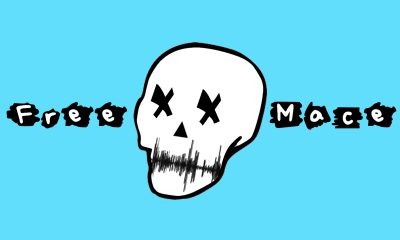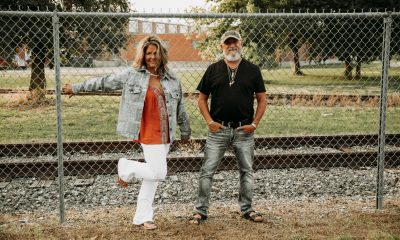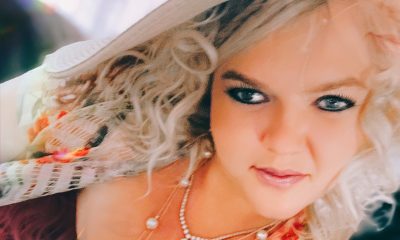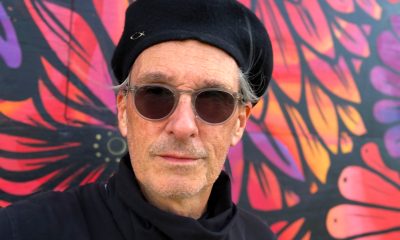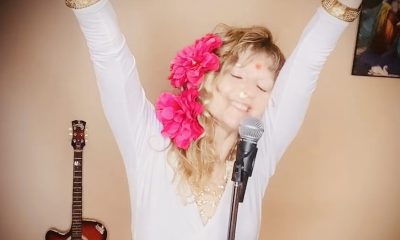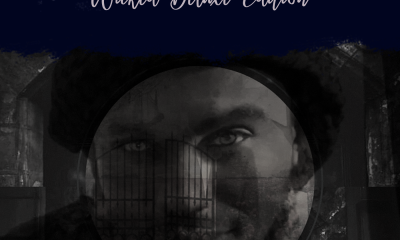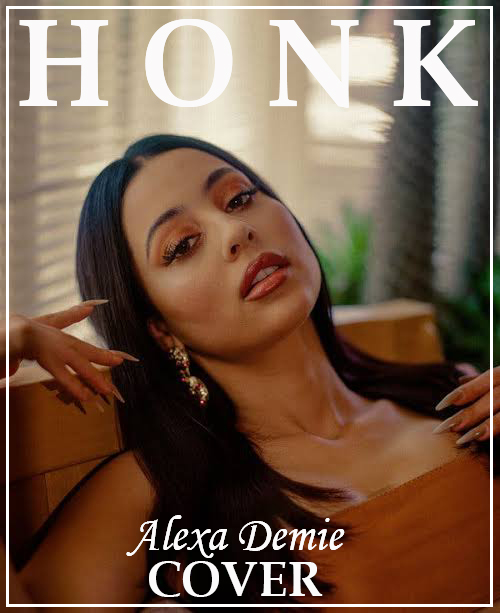Artist Spotlight
HonkMagazine/ Exclusive interview with ROBERT O’CONNOR
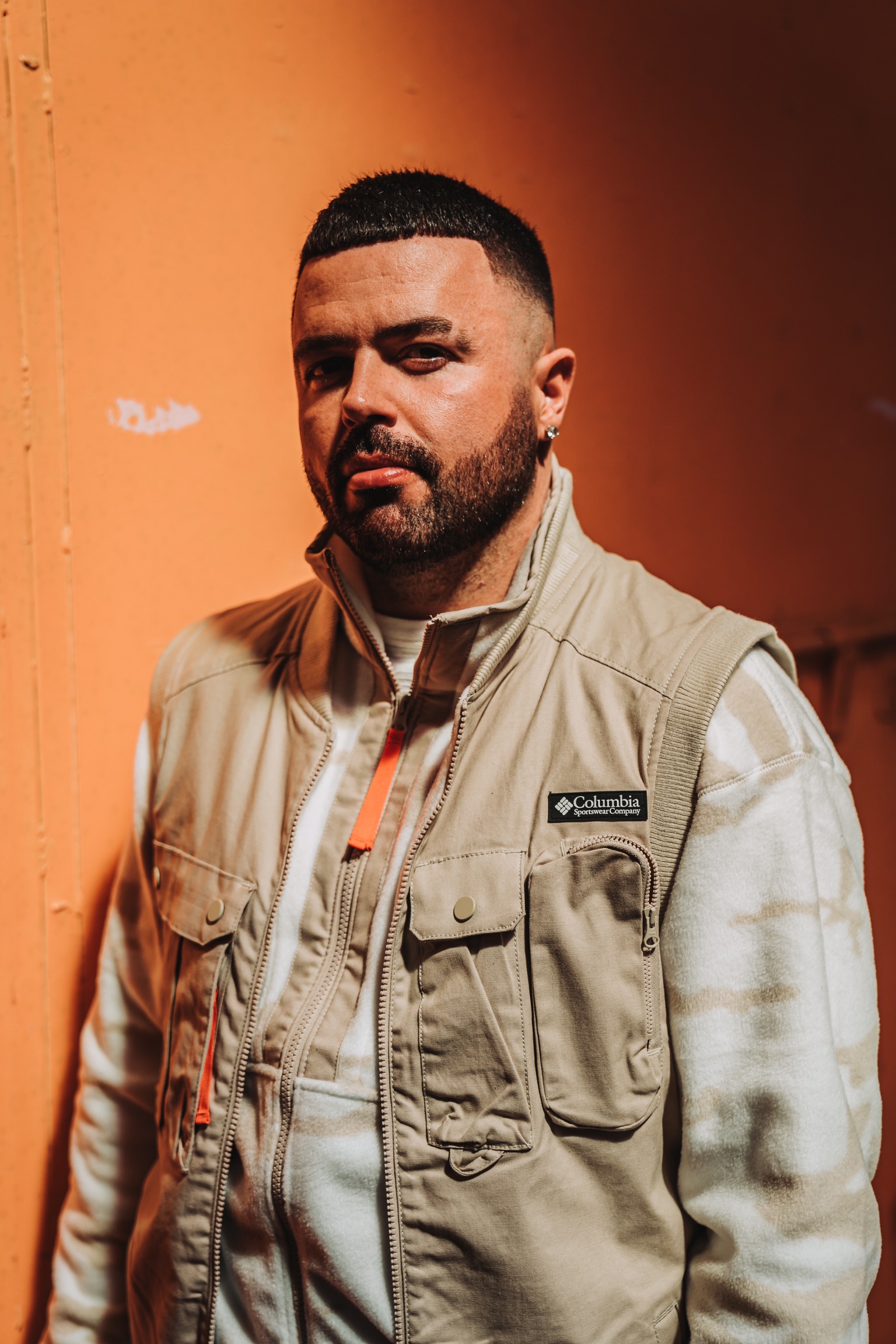
Today we had an exclusive chance to interview Robert O’Connor.
Hello Robert O’Connor, Thanks for Coming To Honk Magazine To Talk About Your Music Career.
Let’s start off by introducing yourself, you know the basics like name, age, where you’re from. As much or little as you’re comfortable sharing.
What’s up, I’m Robert O’Connor, I was born and raised in Dublin, Ireland, and music has been a part of my life for as long as I can remember. When I was a kid I used to listen to my parents’ records, rather than watch TV.
I’d sit and listen to anything and everything I could get my hands on – Blondie, ABBA, Bon Jovi, The Bangles, Fleetwood Mac. I was transfixed by music and pretty soon I wanted to play music myself, and my choice of instrument was the keyboard. That was the beginning of my love affair with electronic music I guess.
From around the age of 5 I was attending stage school singing, dancing, and later I fell into acting, performing in some of Ireland’s biggest theaters in big productions. A couple years later I started taking keyboard lessons and continued for over ten years, taking my grades and eventually teaching others. It wasn’t until I was around 17 that I really started to consider singing, and while I’d sang in groups in live productions, I wasn’t really sure I could sing as a soloist, I had no awareness of my voice.
At that stage I went to a coach, and found my voice, and learned how to use it. Pretty soon I was making demos, and when I saved enough money, I made my first professional recording, “Ten Years Time”, which was a cover of the Gabrielle song, and eventually became my debut single. Billy Farrell, the producer of that song, told me I should start to write my own songs if I wanted to make it in the business, and so I did just that, and quickly found it came naturally to me.
Before I knew it, I was recording my debut album ‘Distance’, which I wrote, executive produced and self-funded, eventually striking a distribution deal with Universal Music Operations for the record. I was still at college at the time, studying journalism. A few years later, after I graduated, I released the follow-up, an EP called ‘Resistance’, and played lots of gigs in my hometown.
I took a five year hiatus from releasing music after that, and worked in lots of normal jobs, but I still wrote lyrics and music here and there. One day I wrote a song called “No Second Chances” that I felt extremely compelled to release. The whole industry had changed, I was starting from zero and totally alone, so I spent time learning how to do everything by myself – being my own publicist, manager, booker, web designer, the list goes on – and I haven’t looked back since. That was 2018, and since then I’ve released 12 singles and I’m about to release my second EP. I gave myself a second chance, and I’m so glad I did!
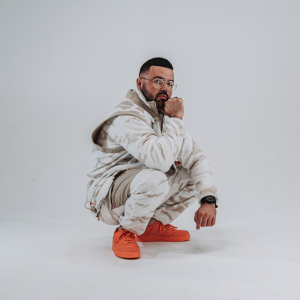
Talk me through your creative process.
It usually goes one of two ways. Usually, I’ll write a lyric first, and sometimes the melody will come at the same time, or sometimes it’ll follow later. I record the lyrics and melodies as voice notes in my iPhone, and will then sing the song unaccompanied for a guitarist, who will then essentially write a guitar line, and at that point it starts to feel like a song! That’s when I’ll go to the studio and I’m usually armed with influences or have sent reference tracks to the producer that demonstrate the vibe I want to achieve.
On other occasions, like with my new single “One Way Ticket”, I receive a backing track demo, and I’ll write a top-line melody and lyric to it. I haven’t operated that way since my first album, but I’ve really enjoyed the process and want to do it more often. I have only ever co-written lyrics once in my career, on the song “Destination Anywhere”, where I wrote the verses to a pre-existing chorus. I like to be as involved as possible in the mixing process and there have been times when there’s been six, seven or eight versions of a song before we arrive at the final mix.
How do you solve productivity/scheduling problems and reduce overwhelming situations?
Like all independent artists, I work multiple jobs to bankroll my creative projects, and to cover the cost of living in general! Over the years I’ve become accustomed to juggling, and it wouldn’t be unusual for me to have two or three part time jobs on the go, but I think as I get older this is less healthy and less comfortable a situation to be in! During the Covid years, I lost my part time jobs, some permanently and some temporarily, but the upside was that I could focus entirely on my creative output. I was a full-time artist for once, and I loved that side of it! I was able to apply myself to songwriting, create single campaigns, and really build my online presence by being consistent and putting the hours in. It was good for my career.
These days, being back at work, I find planning is key, I write everything down, and I don’t put off until tomorrow what I can do today. For instance, the single and EP that I’m promoting now, I wrote the press release two months ago, I shot the photos three months ago, and recorded the song four months ago. Now that the release is upon me, I have time to focus on the promotion, which is almost equally important! The old saying “fail to prepare, prepare to fail” is real!
What’s the best advice you ever received concerning music?
When I was getting ready to make my comeback in 2018, my producer at the time, Stuart Gray, told me not to worry about what people would think about the music – not to think about critics or what might be in fashion – because often by the time you release the music, trends have already changed, and in reality you never truly know what people are going to think, so you have to be true to yourself, and make something that you can stand over and say “I’m happy with that”.
I’ve kept that in the back of my mind over the last few years. A strong body of work that represents you as an artist is more important than a fleeting viral moment that you then feel pressured to re-create every time!
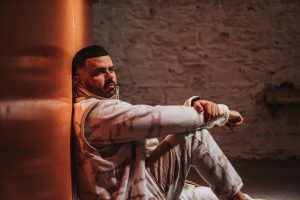
What is still your biggest challenge?
Financing! I have such expensive taste. People don’t realise the costs of being an independent artist who is consistently active. I know Spotify would like for me to release a single every month at least, but when I factor in costs and my own expectations of my output, it’s just not feasible! You have the production costs, studio costs, mixing, mastering, remixes, photography, video shoots, wardrobe, and then all the small costs that add up like maintaining your website and social media, which now requires some sort of budget to make content that is up to standard, which you then often have to sponsor to get it seen by your actual following, never mind reaching new potential followers! It’s tough, but when you announce a new release and watch your campaign come together as you imagined it in your mind, it’s somehow worth it – but it’s always a challenge, and there are always sacrifices made, things that you know you could do to benefit the release if only your budget would stretch that much further!
What would you have done differently if you knew then what you know now?
I absolutely would not have taken those five years off. I think I was burned out and I had hit a wall. I was playing the same gigs, and at the time streaming didn’t exist, it was that transitional period where people were either illegally downloading or using iTunes, and looking back now I think I really just didn’t know what to do next when a single didn’t “take off” in the traditional sense.
As an independent artist you still felt like you needed a major record label behind you to achieve any sort of success, or just to function at a level that made it worthwhile continuing. I had paid an established, but possibly not entirely trustworthy A&R guy, to shop my EP around labels as an album sampler. There was a lack of transparency of how much work he actually did on my behalf, but nothing came out of it, and by the time I released the EP independently, I was just exhausted and disillusioned. Maybe it was meant to be this way though, it all worked out in the end – I’d like those five years back though!
If you could go open a show for any artist who would it be?
Pet Shop Boys. I think it’s important to be exposed to the right audience, and for me, that would be it – an audience with an appetite for melodic electro pop music with strong lyricism. I would love to put on a proper show in a theatre or arena with the whole lightshow, costumes, a full band, backing dancers, the lot! That’s been the dream since I started making this brand of pop music.
You can’t really go down to your local singer/songwriter open mic and give this type of music the full performance it deserves. Any of the gigs I’ve performed in the past have either been unplugged with an acoustic guitarist, or with a small three-piece band. I’m ready to go large!
What are you focusing your time on now?
Right now my mission is to get my single “One Way Ticket” and my EP ‘Severance’ heard by as many listeners as possible. I’ve poured myself into the music, and of course I want it to be heard, so that translates to sending hundreds of emails to radio stations of all kinds – community, local, regional, special interest, to try to gain as much airplay as possible without a publicist or radio deal in place. On top of that then there’s the blogs, and getting as many of them on-side as possible to post reviews, interviews, features.
Finally I have to capture all of that in an engaging and aesthetic way and present it to my followers across all social media platforms, and try to grow that following. You wanna walk away from a project knowing you left nothing on the table, so right now that means that I’m on my phone and laptop every waking hour looking for opportunities to have my work seen and heard!
What keeps you going when things get tough in the music industry?
Bulletproof self-belief. I didn’t always have it. I think there were times when I doubted myself and if I was strong enough as a singer, or as a songwriter, or if I was making the right sort of music or presenting it in the right way, but I have had a pretty good run over the past few years and I’m learning on the job, and I’m building a niche following who are responsive.
Ultimately though, the belief comes from within, knowing that yes, this is my voice, these are my songs, my stories, these are my visuals, and if commercial radio stations decline to play me, I take no offence, I know that it has nothing to do with the quality of my record, or the viability of me as an artist. I’ve got to a point where I’m very comfortable in my skin, and when I feel I’ve outgrown it as an artist, I’ll shed it and become the next incarnation of myself.
How can our readers follow you online?
My official website is a good place to start, at www.iamrobertoconnor.com, and of course I’m on all the usual outlets like Tik Tok, Instagram, Facebook, Twitter, YouTube, Spotify. You can find all of those links on my site. If you’d like to get to know me as an artist, my Spotify playlist ‘I Am Robert O’Connor’ is a solid introduction to my journey so far.
Artist Spotlight
Mamas Gun and Brian Jackson shines light on the truth on latest release “DIG!”
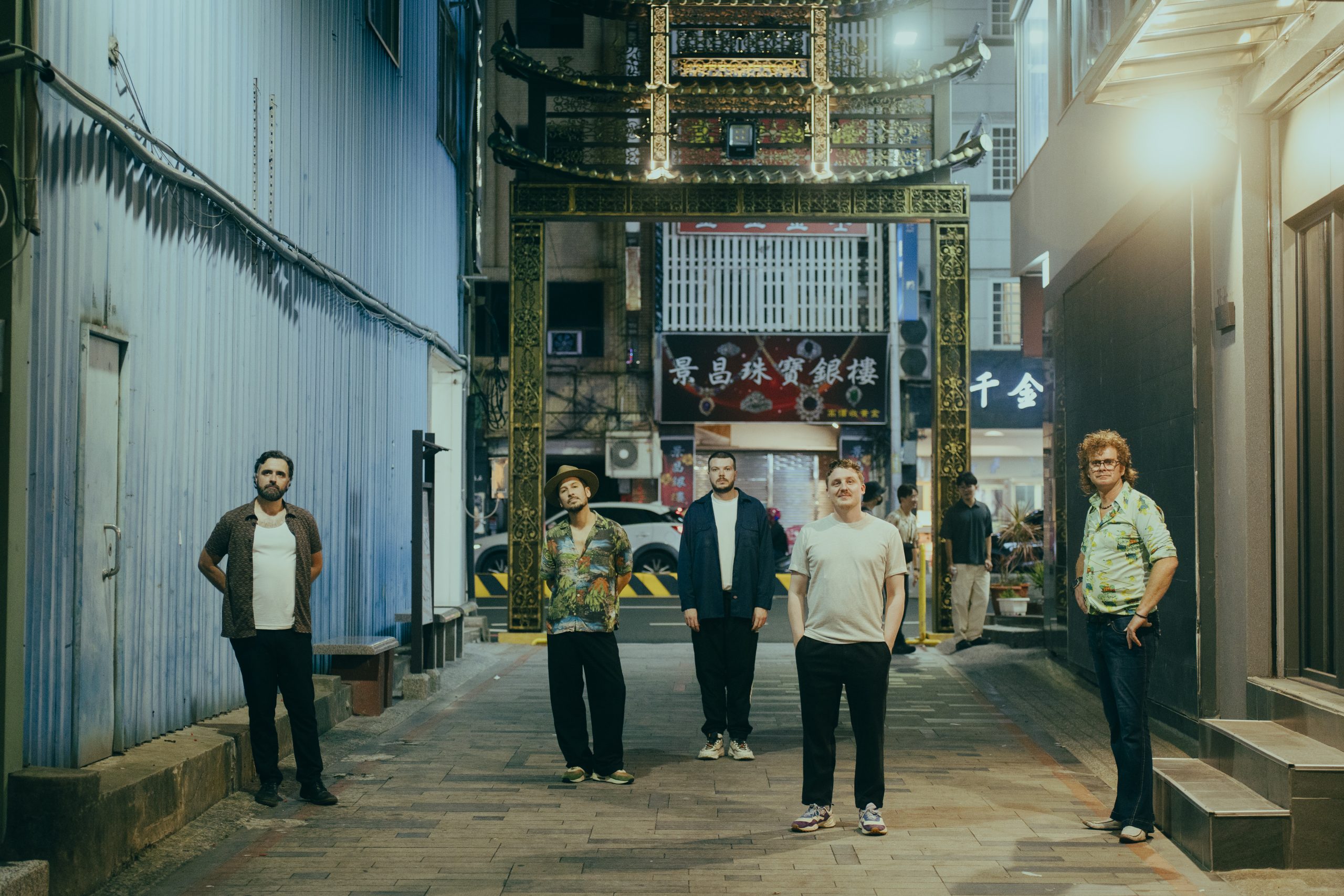
Mamas Gun makes a strong comeback with their new single “DIG!.” The track sounds more like a strong statement of intent than just a release. The UK band is known for its smooth blend of blue-eyed soul and traditional black music. They show once again that they can make music that sounds both thoughtful and very new, while still being real, emotional, and sophisticated.
“DIG!” was recorded directly onto analogue tape, and every note has warmth, grit, and soul. The production choice gives the music a rich, natural sound that complements the band’s unique groove. It is a piece of music that makes people slow down, really listen, and experience it rather than hear it.
Adding famous collaborator Brian Jackson, whose vocals, keyboard, and flute give the song a timeless elegance, adds even more depth and magic. Jackson is known for working with artists such as Stevie Wonder, Gil Scott-Heron, Roy Ayers, and Earth, Wind & Fire. His addition makes the song something truly special. His reunion with Andy Platts, the lead singer of Mamas Gun, almost twenty years after they first worked together creatively in New York, gives “DIG!” a very personal touch that can be felt throughout. “DIG!” sets a strong mood based on connection, art, and essence. Mamas Gun not only goes back to their roots but also makes them stronger. This song is heartfelt, timeless, and completely captivating.
Connect with Mamas Gun on Spotify || Instagram || facebook || Youtube
Artist Spotlight
Bromsen crafts a suspension between attachment and release in new single “Concendrain”
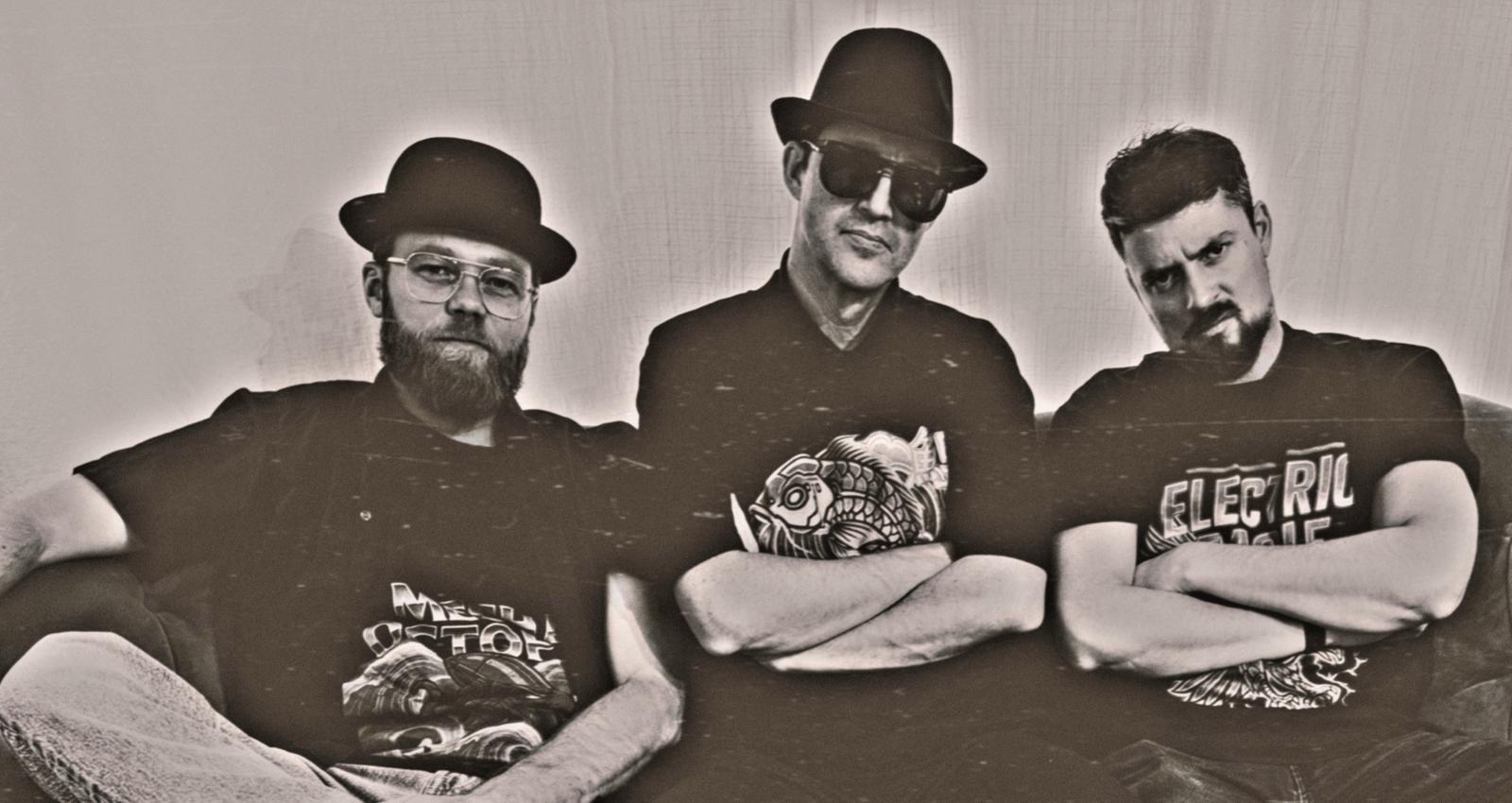
Bromsen’s latest release, “Concendrain,” is very immersive and lives in the space between control and disintegration. The song smoothly shifts from focused to tired, from connected to free, and captures a complex emotional balance that is both personal and universal.
“Concendrain” starts slowly and carefully, the structure has layers that change over time, so each part can come out on its own without any stress or hurry. As time goes on, electronic textures begin to emerge, giving the music a mood that eventually turns into rock-infused energy. These different sounds don’t clash, they work together to create a track that is alive, fluid, and always changing.
The guitar, voice, and rhythm should all work together on the song. These parts don’t compete for attention; instead, they work together to make a smooth flow that pulls the listener into the song’s emotional depth. The arrangement features vocals that complement complex guitar lines and a steady beat that keeps everything in line.
“Concendrain” is really interesting because it has two sides. The track is about the fight in your head between giving up and pushing through, and between staying focused and giving in to tiredness. Bromsen and Reatsch work together to make something that looks natural and well-made. “Concendrain” doesn’t try to be cool or follow trends. Instead, it gives you a slow experience that you should really pay attention to. “Concendrain” is a powerful and thought-provoking work that sticks with you long after the last note has faded away. It stands out because its structure changes, its atmosphere is rich, and its emotions are strong.
-

 Artist Spotlight4 days ago
Artist Spotlight4 days agoGOODTWIN shares reflection with indie-pop single, “Soak It Up”
-
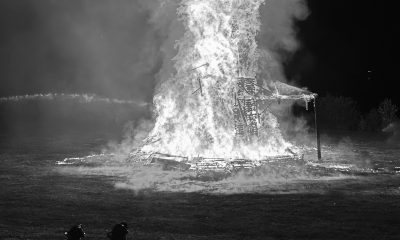
 Artist Spotlight2 days ago
Artist Spotlight2 days agoSAMSARA transforms quiet heartbreak into a modern rock journey on latest release “mrs. porter”
-
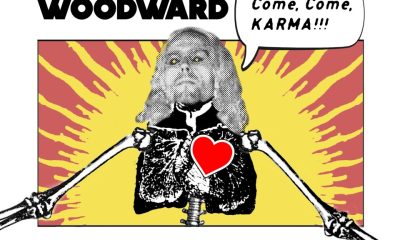
 Artist Spotlight2 days ago
Artist Spotlight2 days agoTom Woodward exposes the dark side of modern idol worship in latest release “PHONEY MESSIAH”
-
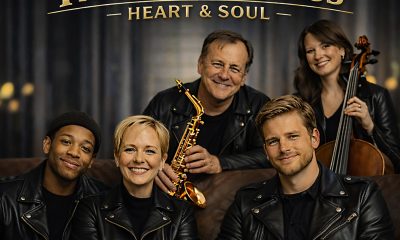
 Artist Spotlight2 days ago
Artist Spotlight2 days agoMORPHEUS VON DOBENHAUSEN lets go of the chaos, dancing steady soft and slow in latest release “GOODBYE CHAOS”
-
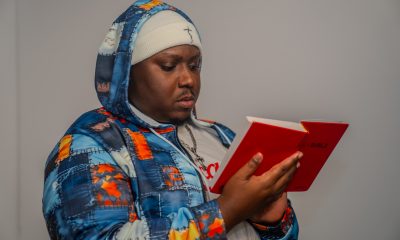
 Artist Spotlight2 days ago
Artist Spotlight2 days agoSavvie steps out with an anthem of power and perseverance on latest release “Incredible”
-
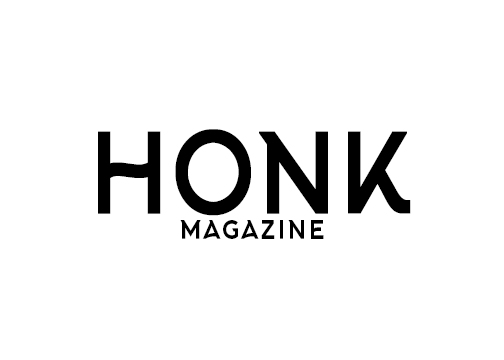
 Artist Spotlight2 days ago
Artist Spotlight2 days agoSkillMusicsa speaks in silence when love fades with latest release “How Could You”
-
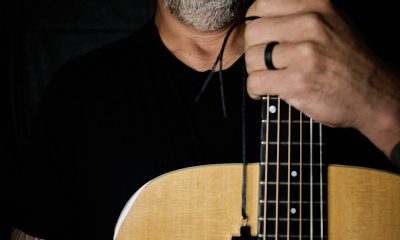
 Artist Spotlight2 days ago
Artist Spotlight2 days agoMarcello Cordova turns loss into light on latest release “Jan 3rd (I Wish We Would Have Had More Time)”
-

 Artist Spotlight2 days ago
Artist Spotlight2 days agoNeural Pantheon unveils a dark folk parable, when gold outweighs the soul on “The Merchant’s Last Coin”

